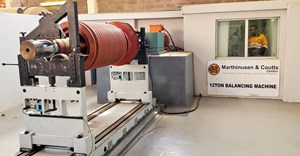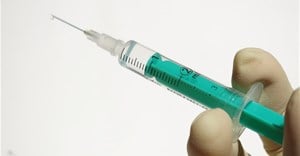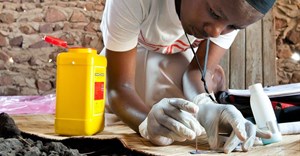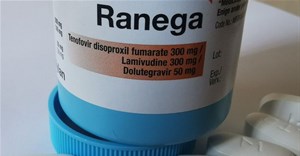
Subscribe & Follow
Keeping ARV production local

According to Dr Eugene Lottering, MD of Specpharm, a Level 3 BEE contributor and a certified value added supplier, although price remains an important factor, solely focusing on this may prove to be shortsighted.
"What we really need is to concentrate on developing the value chain for ARVs in SA. This means more local manufacture of the drugs, rather than relying only on imports from nations like India. This kind of reliance could potentially cause trouble for SA if there is a problem in the Indian market that impacts on the delivery of these ARVs," he says.
"Price considerations are clearly important, but we believe it is equally vital to allow local companies to produce and deliver these drugs, in order to ensure there is a stable supply. Unfortunately, local businesses do not seem to get a look in when it comes to the tenders associated with this. However, this seems to run contrary to government's strong policy terrain with regard to emphasising the transformation of the SA pharmaceutical sector, via the empowerment of local businesses."
The company is involved in the production of a range of medicines, including anti-infectives, ARVs, cardio-vascular and central nervous system pharmaceuticals. The company has some 250 employees, of which 85% are black and 60% are female, meaning the company more than meets the criteria to be a supplier to government.
"We are in position where we would like to build an expanded plant that would enable us to produce the ARVs that are needed in the local market. According to the scope of the facility we have planned, we would certainly be able to supply the numbers government needs. We would import the drugs while the facility was completed, but expect that within 18-24 months, the facility would be capable of producing all the ARVs we need locally. All that we require is the security of a guaranteed contract from the government, as the company cannot afford to commit to such a large investment otherwise.
"Ultimately, the company, like many others in the local industry, has the capability to manufacture and deliver high-quality, cost effective medication for the South African market. All we need is for government to meet us halfway and give us the opportunity to show what we can do," concludes Lottering.














